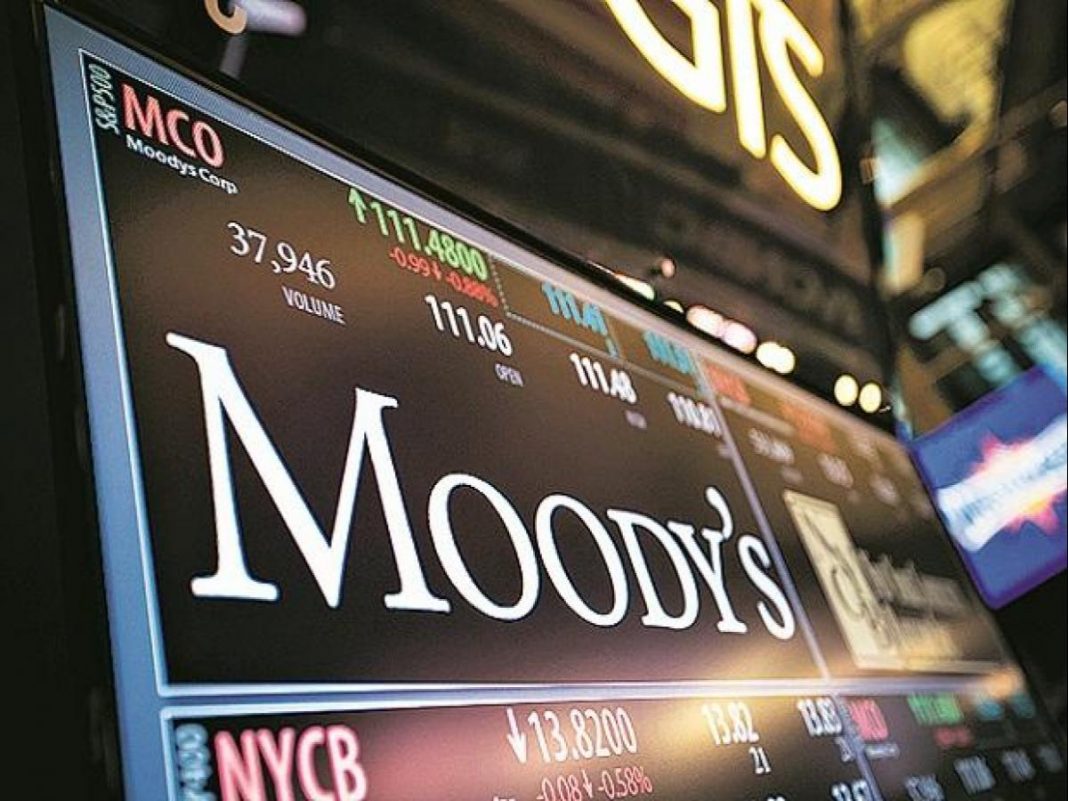Charles Molele
The South African Communist Party has lambasted the decision by credit ratings agency Moody’s Investors Service to downgrade the country’s economy to junk status.
The SACP said the credit ratings agency;s decision was ‘heartless, insensitive and inconsiderate’ as it comes at the worst possible time when the country battled the deadly coronavirus pandemic.
Moody’s Investors Service cut South Africa’s credit rating to junk, citing deterioration in SA’s fiscal strength and “structurally very weak growth”.
SACP spokesperson Alex Mashilo said Moody’s and other global credit ratings agencies were hellbent to ‘impose a foreign monopoly-finance capital-driven agenda opposed to the interests and aspirations of the people, especially the workers and poor.”
“This is a class agenda, an offensive during a global public health emergency and national state of disaster, rather than a mere technical rating exercise,” said Mashilo.
“The SACP is strongly opposed to that agenda, its related weaponisation of rating agencies, and all other attempts at exploiting the Covid-19 global public health emergency to undermine our democratic national sovereignty or impose private profiteering agendas.”
The Congress of the South African Trade Unions said, on the other hand, Moody’s decision to downgrade South Africa was not surprising because the country’s economy has been stagnant for some time and nothing has been done to fix the problem.
“We need a serious recovery package to fix this and kick-start the economy. The country needs to focus on employment creation by making funds available for clean energy, technology, and infrastructure projects,” said Sizwe Paml, Cosatu spokesperson.
“Government through the PIC, DBSA, IDC, SETAs, state banks; and the private sector through the banks, investment, and pension funds need to urgently release funds to cushion and grow the economy. Fragile economic sectors battered by Corona need to assisted and those sectors that have the potential to grow also need support.”
The South African United Business Confederation (SAUBC) said Moody’s decision to downgrade the country to junk status was ‘unexpected’ and ‘unfortunate’.
George Sebulela, President of SAUBC, said the downgrade came on the same day that South Africa entered a 21- day national lockdown in an effort to slow the spread of the coronavirus pandemic.
“It is indeed saddening that the timing of Moody’s credit rating to a junk status happens at this difficult time,” said Sebulela.
“The countrywide lockdown that suspended all economic activities except essential services from Friday meant that the budget deficit will increase resulting in the government’s debt burden deteriorating even further.”
Sebulela added: “The downgrade will have serious implications on South Africa’s investment-grade rating for the first time in almost 30 years and will result in a fall out of the Financial Times Stock Exchange (FTSE) World Government Bond Index, which could prompt significant capital and foreign direct investment outflows. It will also raise borrowing costs, complicating the government’s efforts to narrow the budget gap.”
The South African Federation of Trade Unions (SAFTU) said Moody’s decision to downgrade South Africa to junk status comes at the worst time possible when the country battled the coronavirus pandemic.
National Treasury said the downgrade is set to add to the prevailing financial market stress as the country battles to contain the spread of the coronavirus.
“To say we are not concerned and trembling in our boots about what might be in the coming weeks and months is an understatement,” said Finance Minister Tito Mboweni in a statement.
Mboweni said that in the immediate period South Africans were rallying together to fight ‘Covid-19 and ensure South Africa emerges triumphant from the pandemic”.
“Over the short to medium term, government remains committed to implementing structural economic reforms to address the weak economic growth, constrained fiscus and the ailing state-owned companies,” he said.

